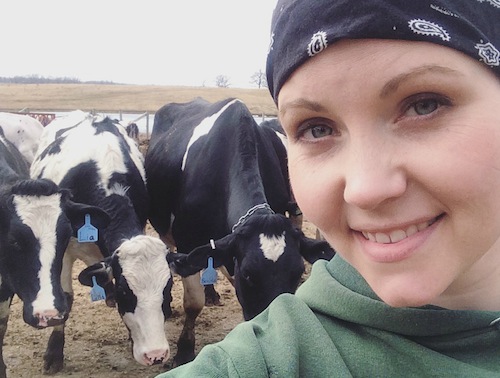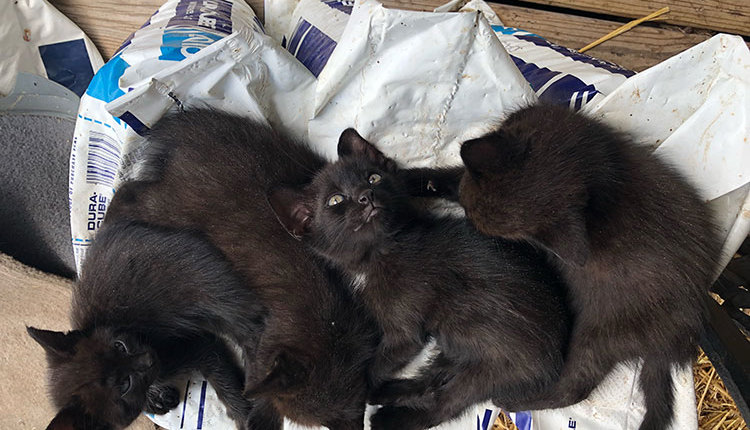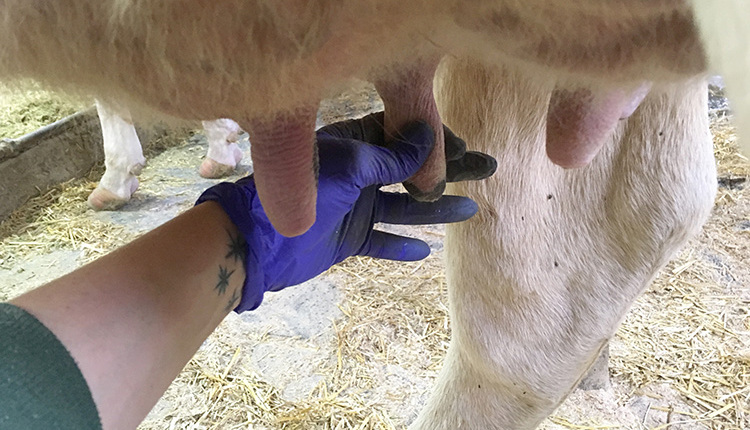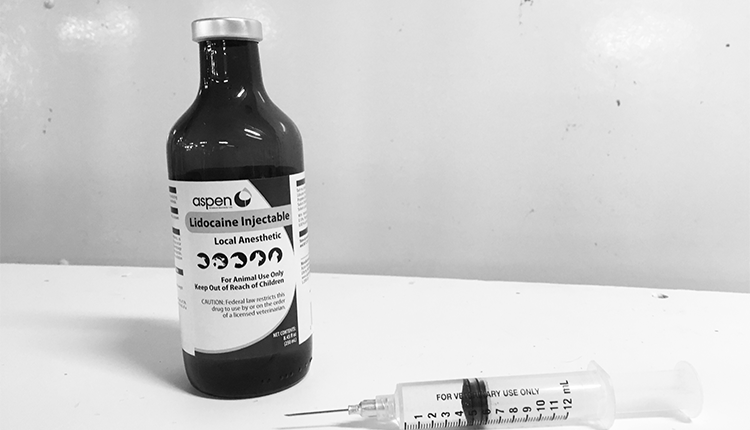
I think dairy farmers, in general, are optimistic people. A positive outlook is almost a necessity for this way of life. As the famous quote from Brian Brett so eloquently states: "Farming is a profession of hope."
But there are times when our optimism is tested.
For me, February and March are the months when my smile turns upside down.
For several reasons, we schedule breeding so that none of our cows calve in December and January. That means over a third of our herd freshens in February and March. This flood of fresh cows and newborn calves overwhelms our system, including both facilities and labor.
My husband and I provide 95 percent of the labor on our farm, which keeps us working overtime in normal months. During February and March, we work double overtime.
Compounding the situation is the fact that nothing else in my life slows down when calving picks up. I still need to be a wife and a mom. I still have responsibilities as an advocate and volunteer.
The combination of the workload and the sleep deprivation put me in a state of mind that generates some downright ugly thoughts about my decision to choose dairy farming for my life's work.
But this year, I tried something new when I felt the negativity start creeping in.
I tried reframing my thoughts.
Reframing is a strategy for changing attitude by changing frame of mind. It's based on the premise that every situation can be looked at in either a negative or positive light.
Practicing gratitude is a common way to reframe a situation, especially when there's not a lot we can do to change the situation.
In a nutshell, reframing is psychology speak for, "How can I look at this situation in a positive way?"
In my situation, reframing looked like this:
Instead of hating this time of year, I remind myself that these crazy months are what allow us to spend Christmas with our families.
Likewise, these crazy months are what allow me to remain snuggled in my bed during cold January nights instead of making the trek to the dry cow barn in the middle of the night to check for new calves.
Instead of bemoaning the number of newborn calves I have to feed, I give thanks for live, healthy calves.
Instead of dreading the number of switch cows we still have to milk, I think to myself, "We have enough cows to fill our barn and fill our bulk tank. How cool is that?" In our early years of farming, we dreamed of being able to fill the barn; now I look at how far we've come.
Instead of dwelling on what I lack - namely, sleep - I remind myself to be thankful for all that I have: a great husband, happy kids, healthy cows and calves, a beautiful farm, and, most of all, the opportunity to be a dairy farmer.
When I first learned about reframing, I thought it sounded a bit fluffy. I believe that's because I didn't fully understand the power our thoughts have on our mood. Or that changing our thoughts from negative to positive can change our mood from pessimistic to optimistic.
These past two months showed me that reframing really does work. My workload wasn't any different than prior years, but I had significantly fewer moments when I felt overwhelmed and gloomy.

The author is a dairy farmer and writer from central Minnesota. She farms with her husband, Glen, and their three children. Sadie grew up on a dairy farm in northern Minnesota and graduated from the University of Minnesota with a degree in agricultural communications and marketing. She also blogs at Dairy Good Life.








